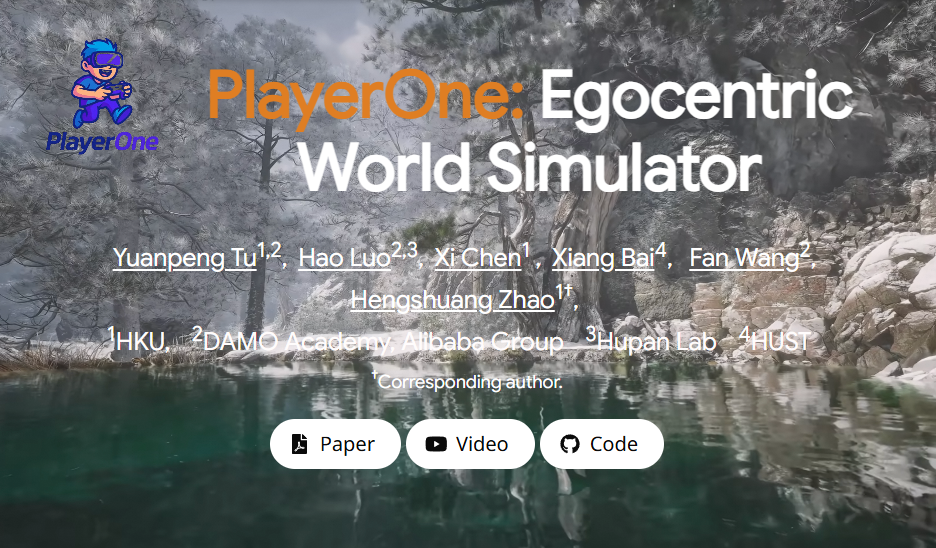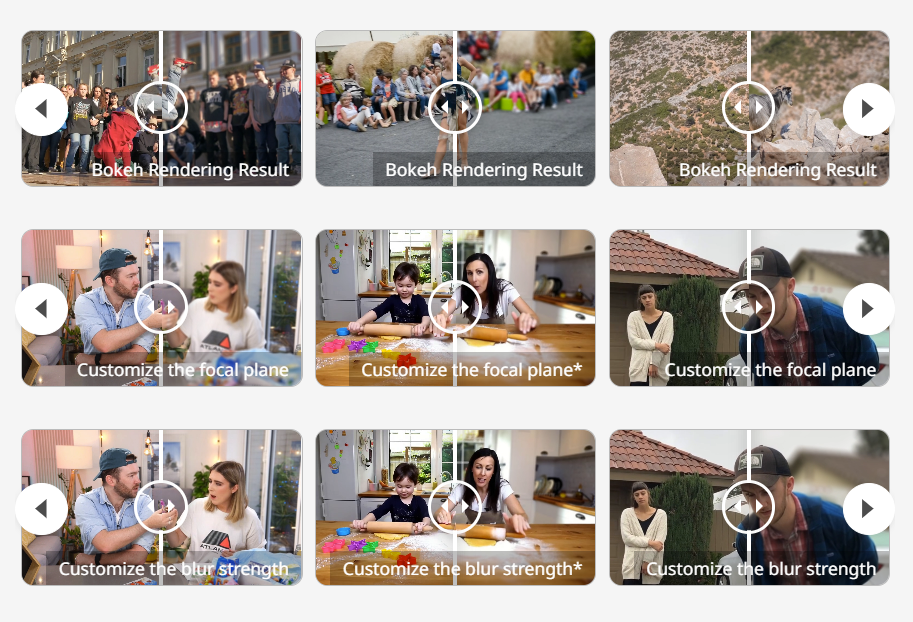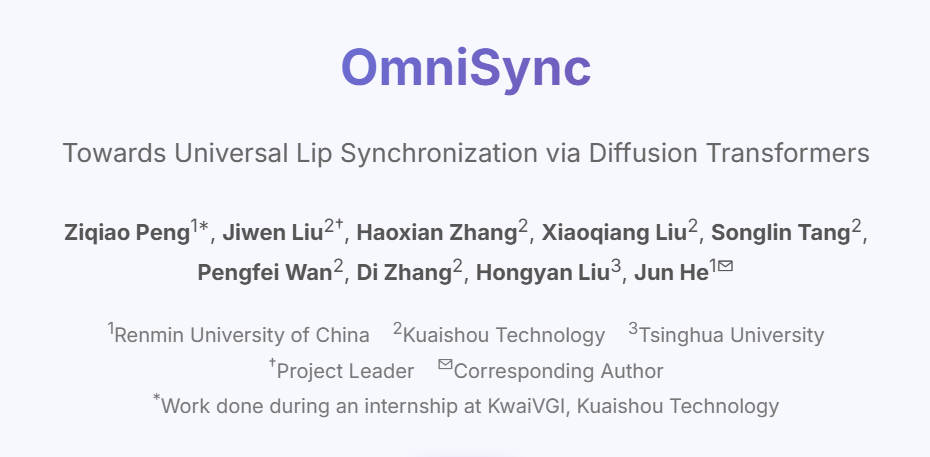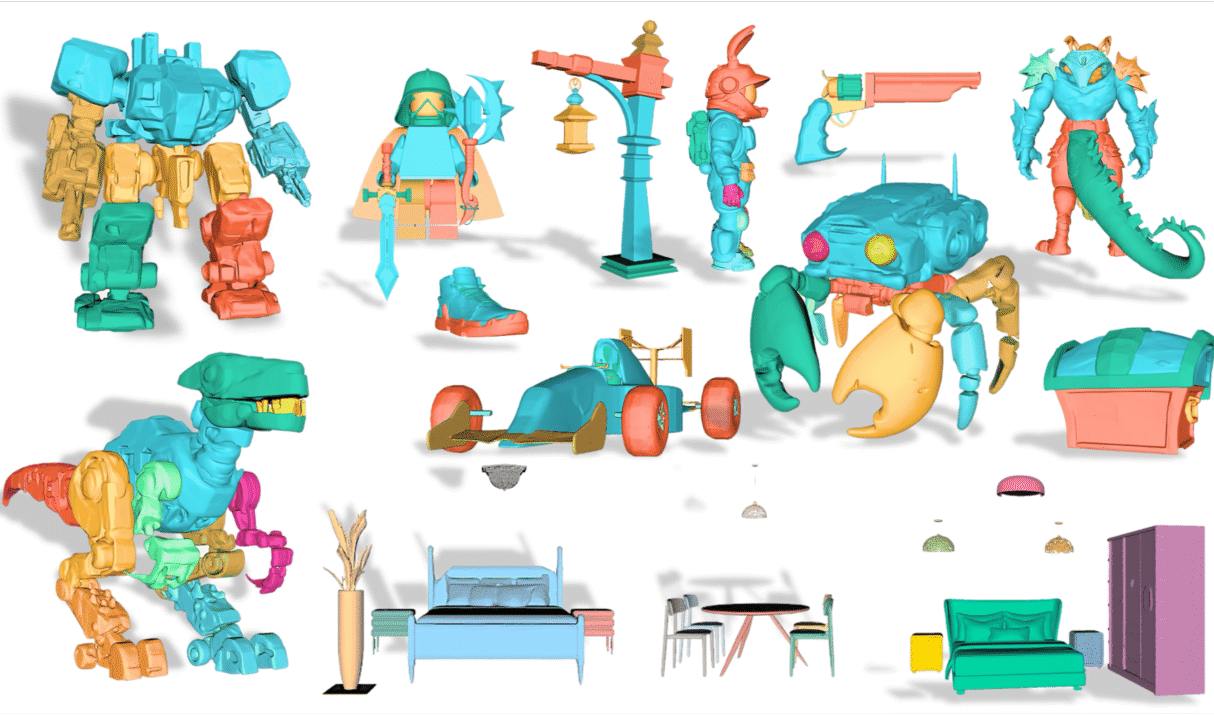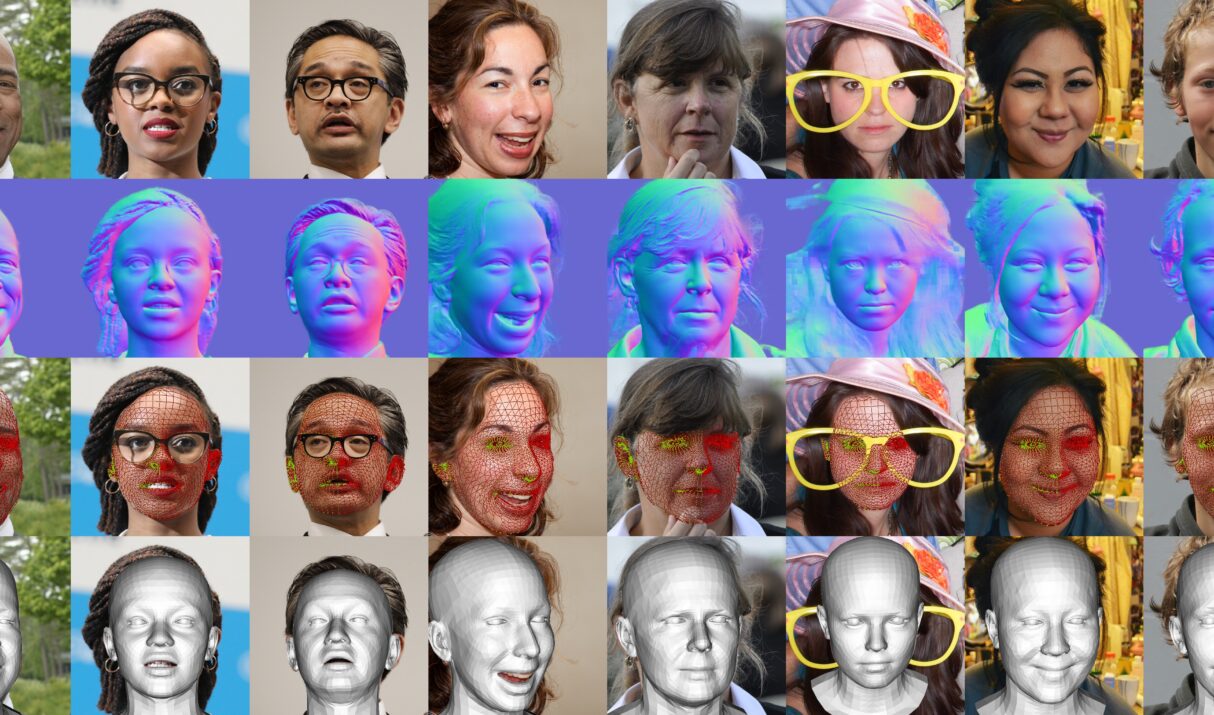You can simulate yourself from images and interact using this AI 🌐 Introduction PlayerOne: Egocentric World Simulator marks a groundbreaking advancement in immersive virtual reality (VR) and computer vision. Developed by researchers from The University of Hong Kong, Alibaba DAMO Academy, and Hupan Lab, PlayerOne is the first egocentric realistic world simulator that enables users
🌟 Introduction In the realm of video production, achieving a cinematic look often involves applying a bokeh effect—an aesthetic blur that isolates subjects from their backgrounds, enhancing visual appeal. Traditionally, creating such effects required specialized lenses or complex post-production techniques. However, recent advancements in artificial intelligence have introduced innovative methods to simulate this effect, making
🎬 Introduction In the realm of video content creation, achieving seamless lip synchronization—where a speaker’s lip movements align perfectly with their speech audio—is paramount for realism and immersion. Traditional methods often rely on reference frames and masked-frame inpainting, which can struggle with challenges like identity consistency, pose variations, facial occlusions, and stylized content. Moreover, audio
🧠 Introduction: The Evolution of 3D Mesh Generation The realm of 3D modeling has witnessed significant advancements over the past few years, transitioning from manual, labor-intensive processes to more automated and intelligent systems. Traditional methods of 3D mesh generation often involved complex workflows, including manual segmentation, meshing, and texturing. These processes were not only time-consuming
Fish-Speech stands as a pioneering force in the realm of Text-to-Speech (TTS) technology. Developed by Fish Audio, this open-source model offers unparalleled voice synthesis capabilities, setting new benchmarks for realism, multilingual support, and customization. 🎤 Introduction Fish-Speech is an advanced TTS model that leverages large-scale training data and innovative architectures to produce human-like, expressive speech.
In the realm of computer vision, reconstructing a 3D face model from a single 2D image has long been a formidable challenge. Traditional methods often struggle with issues like occlusions, varying lighting conditions, and diverse facial expressions. However, a groundbreaking approach known as Pixel3DMM has emerged, offering a significant leap forward in this domain. 🔍
